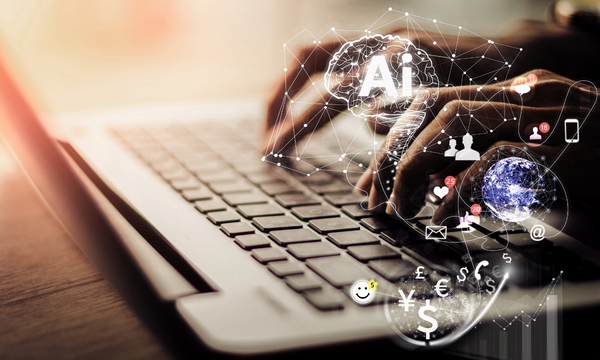
The Impact of Technology on Diplomacy


Technology has dramatically changed the landscape of international relations and diplomacy. In the past, diplomacy primarily involved face-to-face meetings and negotiations between diplomats, but technology has significantly expanded the scope and speed of diplomatic interactions. The impact of technology on diplomacy has been significant and far-reaching, influencing everything from communication to intelligence gathering to public diplomacy.
Communication: Technology has greatly expanded the ability of diplomats to communicate with one another. Emails, video conferencing, and messaging apps have made it easier for diplomats to stay in touch, even when they are thousands of miles apart. This has increased the speed and efficiency of diplomatic interactions, allowing for more frequent and productive communication.
Intelligence gathering: Technology has revolutionized the way intelligence is gathered and analyzed. Satellite imagery, social media monitoring, and other forms of digital surveillance have made it easier for diplomats to gather and analyze information about other countries. This has helped diplomats to better understand the political, economic, and social conditions in other countries, which is essential for effective diplomacy.
Public diplomacy: Technology has also changed the way diplomats engage with the public. Social media platforms like Twitter and Facebook have made it easier for diplomats to connect with citizens and to shape public opinion. Diplomats can now use these platforms to engage in public diplomacy, which involves communicating with citizens to build understanding and support for their country's foreign policy.
Cybersecurity: Technology has also introduced new risks and challenges to diplomacy. Cybersecurity threats like hacking and data breaches have become more common, and diplomats must take steps to protect their communications and data. This has led to the development of new cybersecurity protocols and training programs for diplomats.
Artificial Intelligence: Finally, the rise of artificial intelligence (AI) is also changing the face of diplomacy. AI can be used to analyze vast amounts of data, allowing diplomats to quickly identify patterns and trends. AI can also be used to simulate diplomatic scenarios, helping diplomats to prepare for negotiations and other interactions.
Technology has had a profound impact on diplomacy, expanding the scope and speed of diplomatic interactions while also introducing new risks and challenges. Diplomats must be able to adapt to these changes, using technology to their advantage while also taking steps to protect themselves and their countries from cybersecurity threats. The impact of technology on diplomacy will continue to evolve, and diplomats must be prepared to stay ahead of the curve in order to effectively advance their countries' foreign policy goals.

